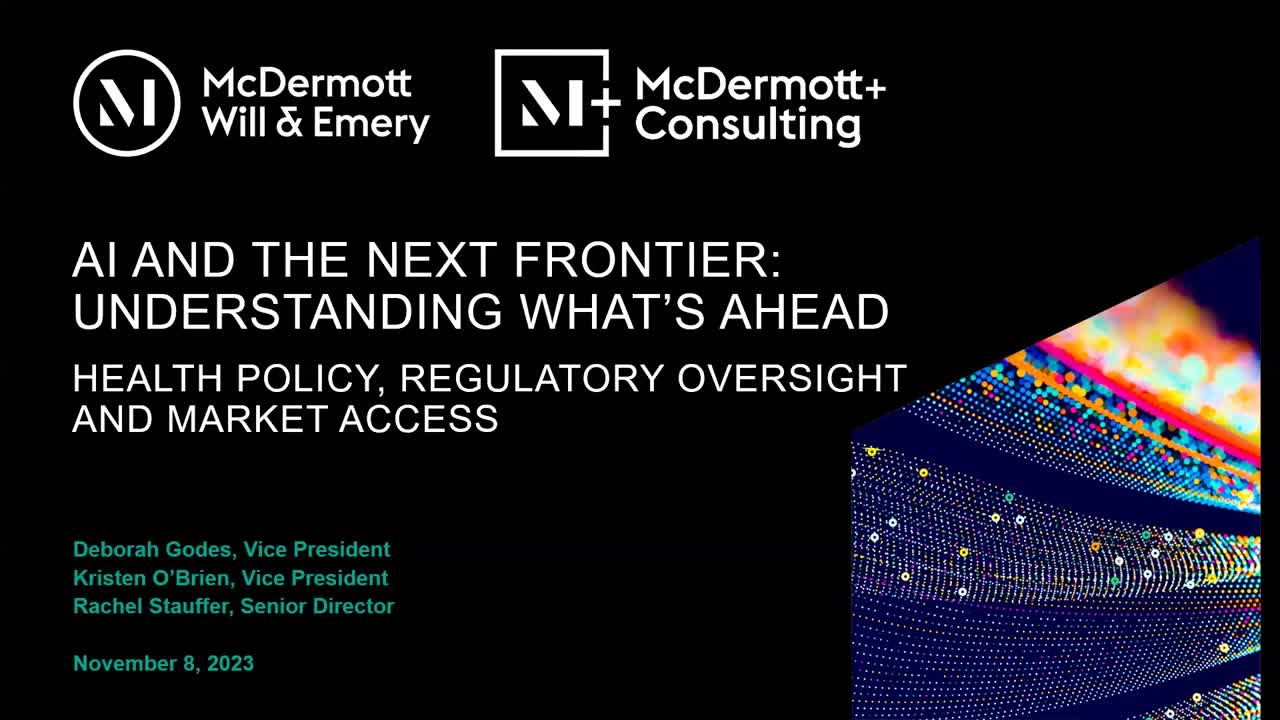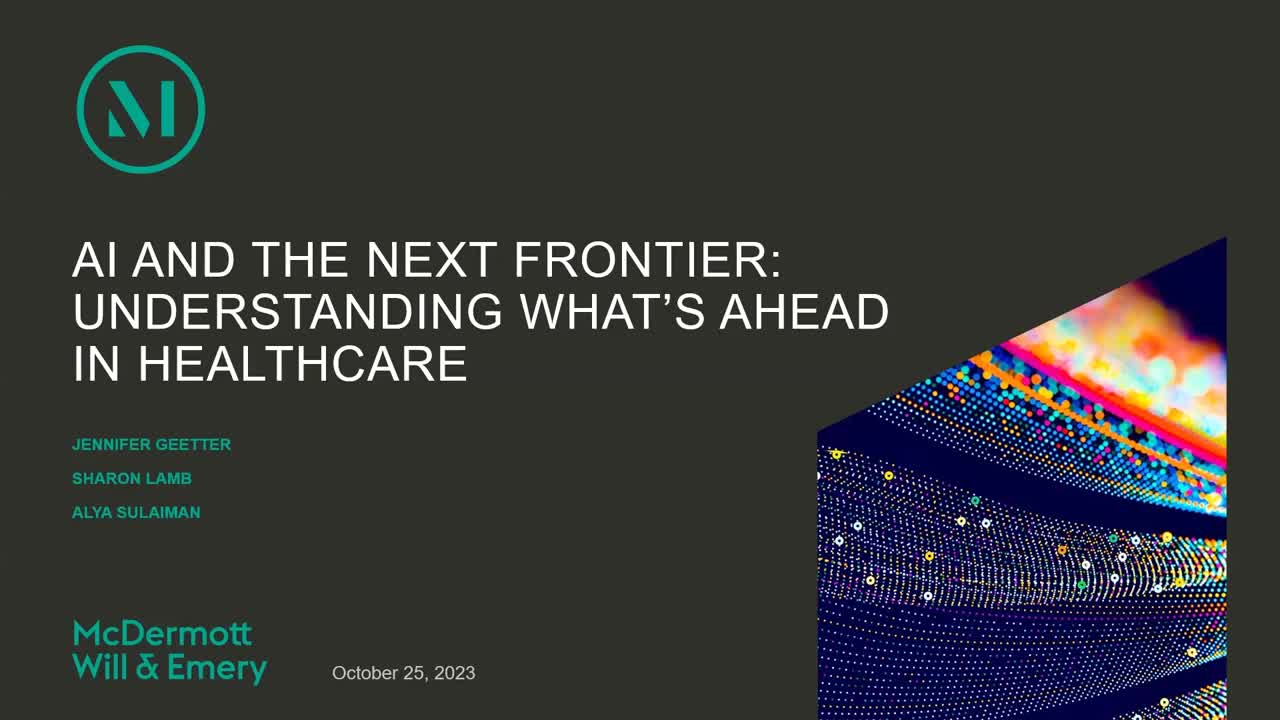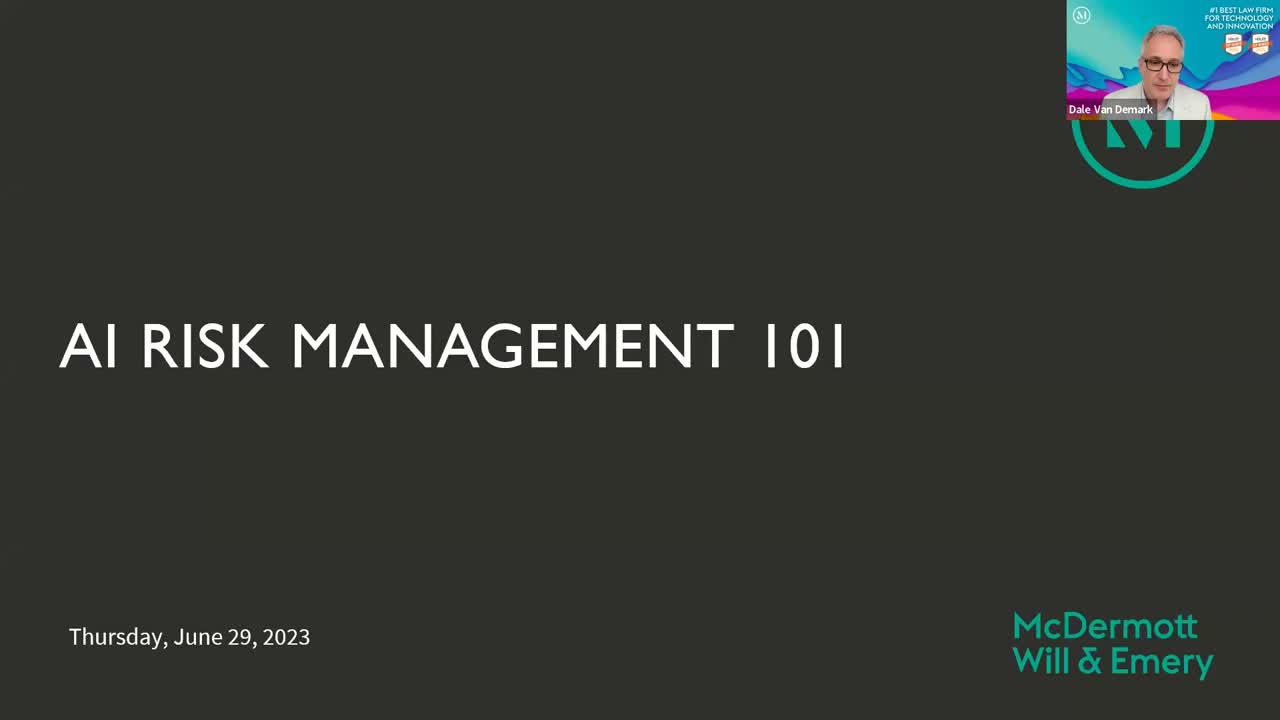We’ve curated links to key AI-related resources from legislative and executive bodies, government agencies and industry stakeholders around the world in one convenient place so you can stay current on these important issues and actively shape the AI policy landscape. This resource center will be updated with the latest developments, as well as insights and analyses from our team.
Subscribe now to receive updates, and please get in touch with us to discuss how your organization is developing or deploying AI/ML solutions.





